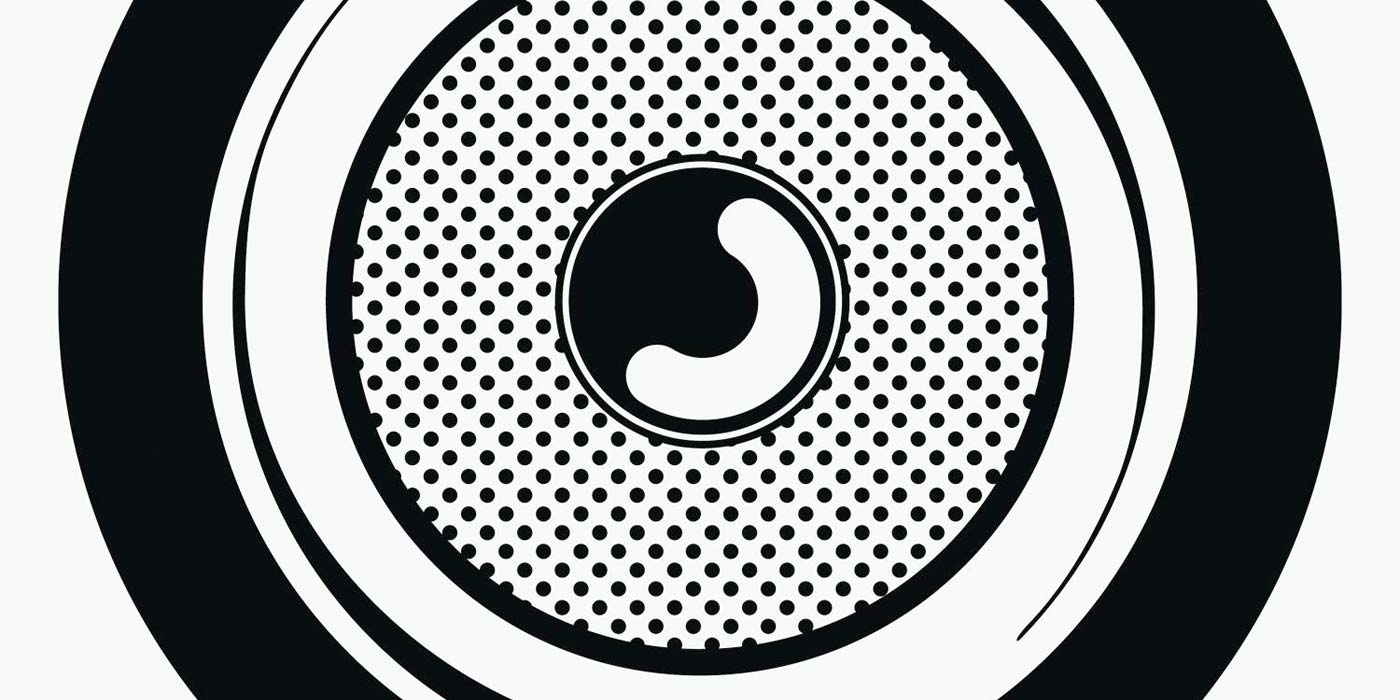It was not long ago that the majority of the United States had never heard the name Mark Ronson, myself included. Unbeknownst to us ignorant Americans, Ronson has been making music since the ’90s. His name is associated with a plethora of notable artists’ projects, including Ghostface Killah, Wale, Adele, and the late Amy Winehouse. Ronson has most recently joined forces with Super Bowl XLVIII performer Bruno Mars for the hit “Uptown Funk,” which has topped the Billboard Hot 100. The track was a power move for Ronson’s notoriety, and it got my attention just enough to check out his new album, the similarly titled Uptown Special. With the release of his fourth studio album, Ronson takes his tested formula of collaboration from previous projects and makes the jump across the Atlantic Ocean with ease, creating a much more cohesive project than many other albums of its nature.
With the album’s intro track, “Uptown’s First Finale,” we know we’re in for a variety of sounds as soon as the harmonica lead kicks in, courtesy of Stevie Wonder. From song-to-song, every new percussion style or guitar sound adds variety while still maintaining a mixed vibe of both pop rock and funk. The funk shines brightest on the back-to-back tracks “Feel Right” and the lead single “Uptown Funk,” both of which feature ever-important horns arrangements and on point vocals. Hearing Mystikal growl and get down on “Feel Right” approaches pure excellence and reminds me of Kool and the Gang’s unbeatable “Jungle Boogie.” While most of the vocals on the album keep a similar style due to repeat contributions from Miike Snow’s Andrew Wyatt and Tame Impala’s Kevin Parker, the funkiest tracks will help Uptown Special stand out as a pop album in 2015.
Given the clean production and the cohesive sound of Uptown Special, the album isn’t without its faults. The “Uptown Funk” chorus is centered on the lyric “Don’t believe me just watch,” a lyric borrowed from the Trinidad James banger “All Gold Everything.” It comes off as more out of place than Bruno Mars in a Big and Tall suit store (dude is five-foot-five) and pales in comparison to when James spits the phrase. What happens on “I Can’t Lose” may be even worse—vocalist Keyone Starr borrows the melody from Nate Dogg’s verse on the Doggystyle track “Ain’t No Fun,” making the classic track look bad and effectively associating herself with the objectification of women. Needless to say, the album’s hip hop influences on this album are, unfortunately, noticeable in more than just Mystikal’s feature.
I just really dug into some nitpicky issues, so if you are not easily offended by the inevitable remixing of notable music I would ignore the last paragraph and definitely give this album a listen. It’s a quick 40 minutes, and it can often feel like you’re traveling back to an earlier era of music. And who wouldn’t want that for a fraction of time?[spacer height=”12px”]



